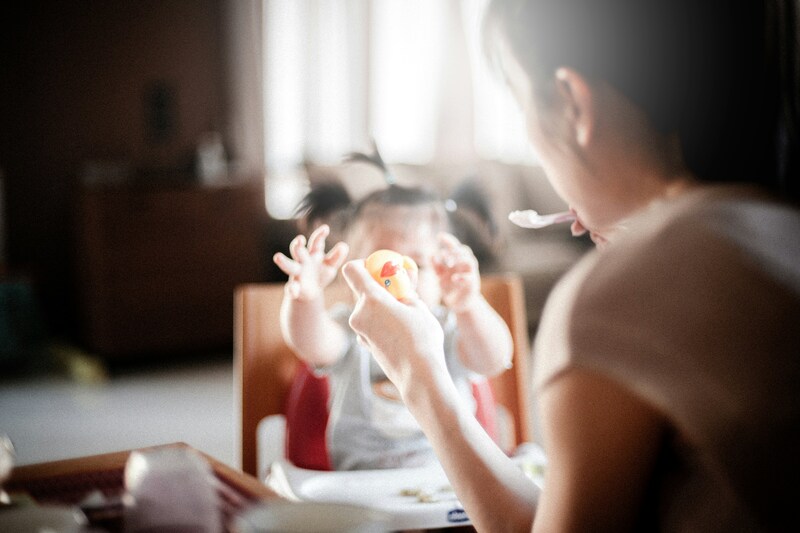Hiring live-in domestic staff to care for your children is relatively a luxury in many developed countries, but, oftentimes, a norm here in Jakarta.
The Role of Childminders
In Indonesia, childminders are known as “suster” (nurses) or simply babysitters. A childminder is a general household helper who might also take on child-minding duties, such as cleaning, washing clothes, and cooking. Unlike in the West, where daycare facilities are relatively common, Indonesian families—whether both parents work or not—typically have someone at home to care for their children, such as a childminder.
Qualifications and Training
The qualifications of household staff can vary widely. Some may speak a bit of English, especially if they’ve worked with expatriate families before, while others may have minimal formal education. When interviewing potential childminders, it is important to enquire about the prospective household staff’s educational background as well as any additional training they’ve received from previous employers. Susters, in particular, typically focus solely on childcare and do not perform other household tasks unless the task itself is related to the child.
Finding the Right Childminder
The search for a trustworthy childminder can be daunting. Thus, it is important to decide the role you want this person to play in your child’s life. Some expatriates hire full-time susters who handle all childcare duties, while others prefer their general household staff to assist with childcare under their supervision. Most families fall somewhere in between.
Reliable sources for finding a childminder include:
- Referrals from expatriate families who are leaving the country;
- Community bulletin boards and newspaper classifieds; and
- Referrals from colleagues or friends.
You can start by hiring a household staff on a trial basis. Community bulletin boards at places like AWA, BWA, and ANZA House often have postings from expatriates who are departing and recommending their staff for placement. If you feel uncomfortable for any reason, it is alright to trust your instincts and keep looking.
Discipline and Safety
Discipline is an area where cultural differences are most pronounced. There is a possibility that the hired Indonesian childminder may not completely understand or agree with Western disciplinary methods and may, instead, prioritise the child’s comfort over enforcing rules. If this becomes an issue, it is wise for the parents to ensure they are always on the same page as their hired childminder.
Safety is another major concern. Western parents may prioritise creating a safe home environment for their children by installing barriers and safety devices to allow for free play. Indonesian childminders, however, may prefer closely watching or constantly carrying toddlers to prevent accidents. Once again, making sure that both the parents and the hired childminder are on the same page is paramount.
Hygiene and Health
Personal hygiene standards among household staff can vary. As both the parents and the recruiter, you have the right to expect certain cleanliness levels, especially if your household staff is living in your home and caring for your child. It’s also advisable to arrange a thorough medical check-up for your staff before they start working for you.
Preparing for the Future
It should also be taken into consideration that an expatriate assignment will eventually end and you may return to a country where full-time help is not as accessible. (Case in point: if you work as an embassy official.) Thus, when that time is approaching, it is advisable to start preparing your children by gradually encouraging them to be more independent and assigning them small chores – with or without a household staff to keep the children company.
The advantages of recruiting Indonesian childminders are as follows:
- Your children are cared for in your own home, allowing you to monitor their treatment;
- Reliable childcare is always available for either professional commitments or personal outings;
- Your children will receive abundant affection and attention;
- You can enjoy personal time for hobbies or relaxation;
- Taking your children out becomes easier with the help of a childminder; and
- Exposure to an Indonesian caregiver will help your child become fluent in Indonesian.
Alternatives to Indonesian Caregivers
Several international schools in the city may have various programmes designed specifically for toddlers or preschool-aged children in arts, crafts, music, and sports that could last a few hours. Ultimately, living in Indonesia offers a unique childcare experience that, with careful selection and clear communication, can be both enriching and convenient for expatriate families.




